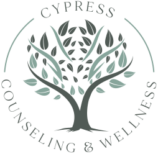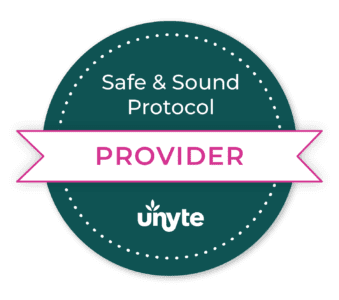Obsessive Compulsive Disorder
Obsessive-Compulsive Disorder (OCD) can feel like being trapped in a maze of intrusive thoughts and repetitive behaviors, where no matter how hard you try, it’s difficult to find the way out. The anxiety and fear that accompany OCD can be overwhelming, leaving you feeling powerless and exhausted. Whether you struggle with obsessive thoughts, compulsive behaviors, or both, OCD can disrupt your daily life and relationships, making it hard to fully engage with the world around you. At Cypress Counseling & Wellness, we understand the complexity of OCD and are here to provide the support and tools you need to regain control.
Understanding OCD
OCD is a mental health condition characterized by intrusive, unwanted thoughts (obsessions) and repetitive behaviors or mental rituals (compulsions) that are performed in an attempt to alleviate anxiety or prevent something bad from happening. These obsessions and compulsions can take many forms, from fears of contamination and needing things to be in a specific order to intrusive, distressing thoughts about harming others or doubting oneself. Compulsions are often performed in an attempt to reduce the anxiety caused by these obsessions, but they tend to provide only temporary relief, creating a cycle that can be difficult to break.
The impact of OCD goes beyond the individual symptoms—it can affect relationships, work, and overall quality of life. The constant effort to manage intrusive thoughts and complete compulsions can be exhausting, leaving little room for other activities. Many individuals with OCD also struggle with shame, isolation, and a fear of being misunderstood or judged. OCD is not a personality quirk or an issue of being overly meticulous; it is a complex mental health condition that requires understanding and support.
Our Approach to Treating OCD
We take a compassionate and evidence-based approach to treating OCD, helping individuals break free from the cycle of obsessions and compulsions and find a way back to living a meaningful life.
Exposure and Response Prevention (ERP): ERP is the gold standard for OCD treatment. It involves gradually exposing individuals to the thoughts or situations that trigger their obsessions while helping them resist the urge to engage in compulsive behaviors. Over time, this approach helps reduce the anxiety associated with obsessions and weakens the compulsive responses, allowing for greater freedom from OCD’s grip.
Cognitive Behavioral Therapy (CBT): CBT is used to help individuals identify and challenge the unhelpful thought patterns that contribute to OCD. By reframing intrusive thoughts and understanding the role they play, CBT can help reduce the emotional distress these thoughts cause and weaken their power over time.
Mindfulness-Based Techniques: Mindfulness can be particularly helpful for managing OCD, as it teaches individuals to observe their thoughts without judgment and to resist engaging with obsessive thinking patterns. By building awareness and learning to let go of the struggle against intrusive thoughts, mindfulness can help reduce the hold that OCD has on daily life.
Exploring Underlying Issues: OCD is often tied to underlying anxiety or past experiences that contribute to the cycle of obsessions and compulsions. We work with individuals to explore any deeper issues that may be contributing to their symptoms, providing insight and context that can support the healing process.
Personalized OCD Support
At Cypress Counseling & Wellness, we understand that no two people experience OCD in the same way. We provide personalized support that meets you where you are, focusing on your unique challenges, needs, and goals. Whether you are dealing with contamination fears, intrusive thoughts, or other forms of OCD, we are here to help you regain a sense of control and move towards a life that feels less restricted by your symptoms.
Take the Next Step
If you are struggling with OCD, you don’t have to face it alone. Cypress Counseling & Wellness is here to provide a supportive and nonjudgmental space where you can learn effective strategies to manage your symptoms, explore underlying issues, and regain a sense of freedom. Reach out to us today to learn more or schedule an appointment. We are here to support you every step of the way.
 (281) 305-9387
(281) 305-9387





